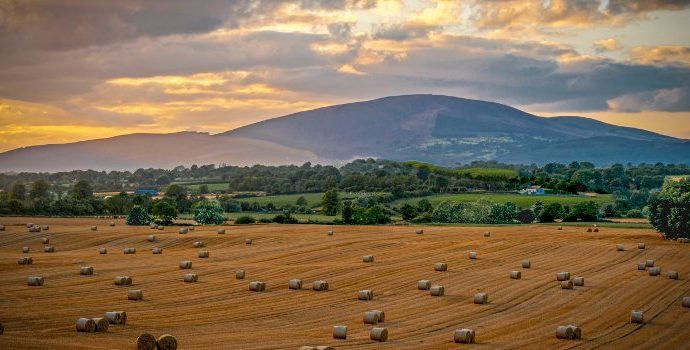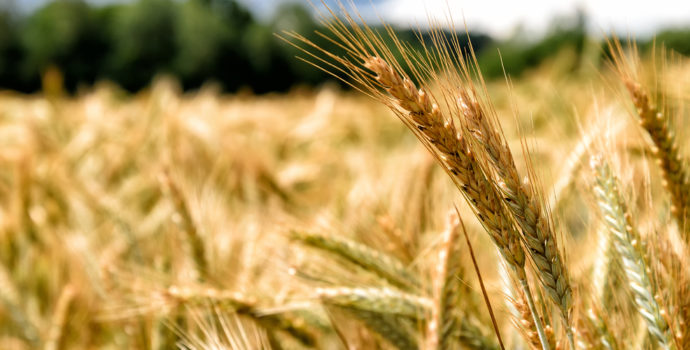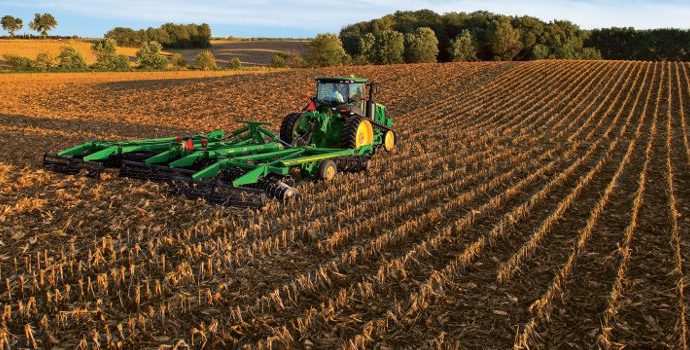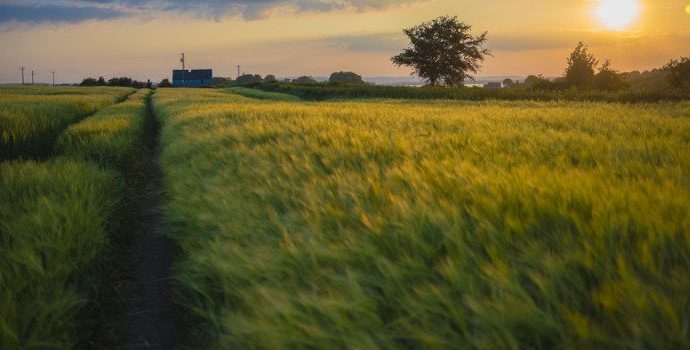Prices Harden as Harvest Gets off to a Variable Start
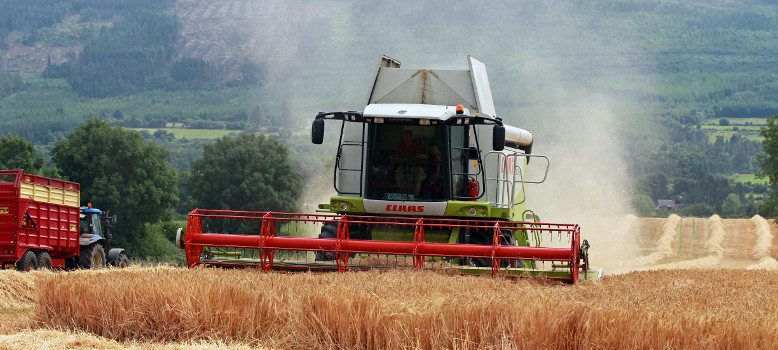
IFA Grain Chairman Mark Browne has said that initial reports from Harvest ‘18 would suggest that yields are very variable across crops of winter barley.
These factors have resulted in a hardening of spot and future prices in the wheat and barley markets while there has been a serious scramble for straw due to the empty sheds across the country.
“There is significant variation between regions. The drought conditions and warm temperatures have certainly had an impact, with the harvest underway two weeks earlier than normal. Winter barley crops are virtually finished down south while growers in Meath and Dublin have started in recent days.”
Mark Browne said the situation is similar across Europe with variability being the key word. There have been severe drought conditions across north western Europe and Poland, while severe thunder and hail storms have caused serious crop loss in south west France.
After five years of low grain prices, the IFA leader urged tillage farmers to demand a viable return for their product and warned merchants against any attempts to undermine the market. He also advised growers to consider all options available such as whole crop in order to maximise returns from their business.
Mark Browne cautioned that while Winter crops look reasonable, the situation with Spring crops is totally different and he highlighted the potential crisis in waiting. “At best, yields are predicted to be only average due to the wet cold spring and subsequent drought conditions, while it would appear that grain and straw volume will be poor particularly along the east and south east coasts.”
The IFA Grain Chairman said tillage farming has become a vulnerable sector and urgent political action is needed at local and EU level to protect it. He said an increased dependence on expensive feed ingredient imports of variable quality is not an option as has been demonstrated this spring and summer as it threatens the viability of the livestock sector. “For many tillage farmers, the Basic Payment represents 100% of income, so it is critically important that increased funding is secured for the CAP budget so that cuts over recent years can be reversed.”

